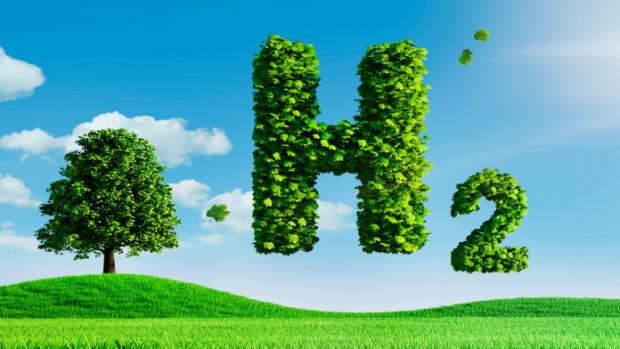
Breaking News
 Can You Sell Gold and Silver Without Reporting to the IRS?
Can You Sell Gold and Silver Without Reporting to the IRS?
 Tulsi Gabbard to make surprise appearance at Nat. St. election officials meeting in Washington DC
Tulsi Gabbard to make surprise appearance at Nat. St. election officials meeting in Washington DC
 Can Trump s Fed Chair Choice Save the Dollar- With Phillip Patrick
Can Trump s Fed Chair Choice Save the Dollar- With Phillip Patrick
 Have Battleborn Batteries? Watch this! Safety Issue Update
Have Battleborn Batteries? Watch this! Safety Issue Update
Top Tech News
 Critical Linux Warning: 800,000 Devices Are EXPOSED
Critical Linux Warning: 800,000 Devices Are EXPOSED
 'Brave New World': IVF Company's Eugenics Tool Lets Couples Pick 'Best' Baby, Di
'Brave New World': IVF Company's Eugenics Tool Lets Couples Pick 'Best' Baby, Di
 The smartphone just fired a warning shot at the camera industry.
The smartphone just fired a warning shot at the camera industry.
 A revolutionary breakthrough in dental science is changing how we fight tooth decay
A revolutionary breakthrough in dental science is changing how we fight tooth decay
 Docan Energy "Panda": 32kWh for $2,530!
Docan Energy "Panda": 32kWh for $2,530!
 Rugged phone with multi-day battery life doubles as a 1080p projector
Rugged phone with multi-day battery life doubles as a 1080p projector
 4 Sisters Invent Electric Tractor with Mom and Dad and it's Selling in 5 Countries
4 Sisters Invent Electric Tractor with Mom and Dad and it's Selling in 5 Countries
 Lab–grown LIFE takes a major step forward – as scientists use AI to create a virus never seen be
Lab–grown LIFE takes a major step forward – as scientists use AI to create a virus never seen be
 New Electric 'Donut Motor' Makes 856 HP but Weighs Just 88 Pounds
New Electric 'Donut Motor' Makes 856 HP but Weighs Just 88 Pounds
 Donut Lab Says It Cracked Solid-State Batteries. Experts Have Questions.
Donut Lab Says It Cracked Solid-State Batteries. Experts Have Questions.
HOW GREEN HYDROGEN COULD CHANGE THE WORLD

All hydrogen in the universe appeared in the first few moments of the Big Bang. It is the third most abundant element on the Earth's surface after oxygen and silicon. And the good news is that it has the potential to replace dirty fossil fuels. There is already progress in this direction. For instance, Toyota currently produces a hydrogen fuel cell-powered Mirai passenger car, and Honda promises to install a hydrogen engine in the CR-V in 2023. MAN Truck & Bus produces urban low-floor buses powered by hydrogen fuel cells, and Boeing is developing unmanned aircraft powered by the same hydrogen fuel. In reality, the technology is not new–the world's first hydrogen vehicle appeared in 1966 – GMC converted their Handi-Bus to Electrovan. So why hasn't hydrogen gained massive popularity yet? Can hydrogen change the world for the better? When will it happen? And what do we have to do? First, we need to understand the basic methods for producing hydrogen. There are many kinds of hydrogen and all of them are classified by color. This is all a little ironic, given that hydrogen is actually a colorless gas.



